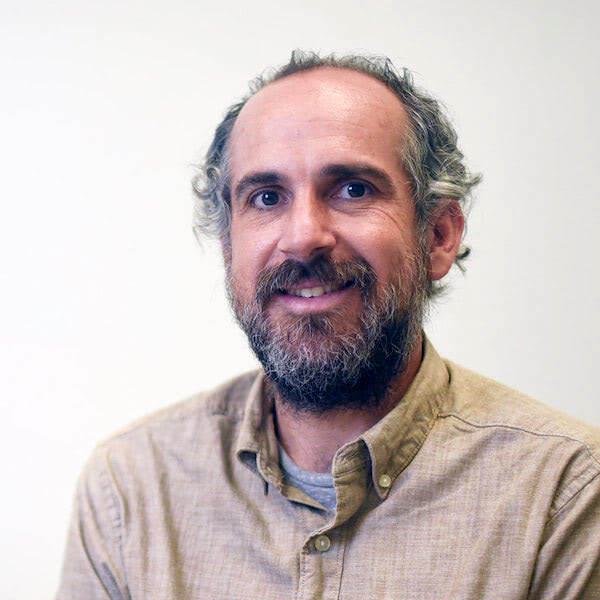- Undergraduate
Bachelor's Degrees
Bachelor of ArtsBachelor of EngineeringDual-Degree ProgramUndergraduate AdmissionsUndergraduate Experience
- Graduate
Graduate Experience
- Research
- Entrepreneurship
- Community
- About
-
Search
All Thayer Events
Jones Seminar: Enabling the Surgeon of the Future—Technologies for enhanced surgical navigation
Oct
18
Friday
3:30pm - 4:30pm ET
Spanos Auditorium, Cummings Hall/Online
Optional ZOOM LINK
Meeting ID: 910 9128 2060
Passcode: 403994
Navigation using pre-operative image guidance has become a standard of care technology for neurosurgical applications helping to make tumor resection more accurate and ultimately improve patient outcomes. The rigid cranium serves as a fixed structure remaining constant between pre-operative and intra-operative settings making this an effective approach. However, in the context of soft-tissue surgery, these guidance technologies are limited due to significant tissue deformation occurring between pre-operative imaging and the intraoperative setting that arise from surgical retraction, patient positioning, and tissue manipulation.
Given the patient benefit attributable to neurosurgical guidance, we have been developing new technologies to enable surgical navigation for soft-tissue resections. This talk will present several enabling technologies and navigation frameworks to highlight the potential impact new technologies can have for improving surgical practice. We will largely focus on technologies being developed for image-guided trans oral surgery (igTOS) and image-guided trans oral robotic surgery (igTORS). Example technologies including custom 3D-printed surgical tools, novel stereovision algorithms, deformation modeling, and new intraoperative sensors for surgical margin assessment will be discussed.
Hosted by Professor Eric Fossum.
About the Speaker(s)
Ryan Halter Th'06
Associate Professor of Engineering, Dartmouth

Ryan Halter Th'06, associate professor of engineering and Biomedical Engineering Program Area lead at Dartmouth, studied engineering sciences and mechanics, and biomedical engineering at Pennsylvania State University and at Dartmouth. He holds an adjunct faculty appointment in the Department of Surgery at Dartmouth's Geisel School of Medicine where he is also a member of the Translational Engineering in Cancer Research Program at Dartmouth Cancer Center. The Halter Lab primarily focuses on technologies at the interface between medical practice and engineering to enable clinicians to better detect, diagnose, stage, treat, and monitor patients with a variety of pathologies. The two primary research thrusts involve 1) bioimpedance-based clinical technologies and 2) novel surgical navigation frameworks. The Halter Lab has been NIH-funded for the last 15 years, and Halter has co-founded several companies working to translate technologies from the lab to the bedside.
Contact
For more information, contact Amos Johnson at amos.l.johnson@dartmouth.edu.
